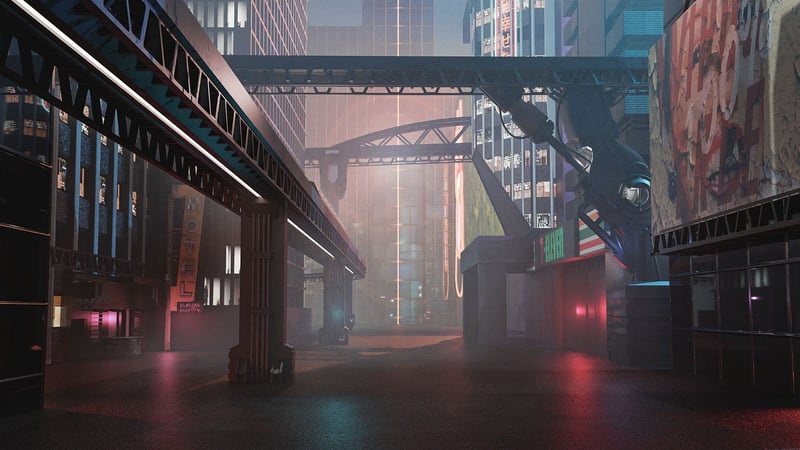Future Dystopia
Exploring Different Eras and Imagining a Future Dystopia
Throughout history, various eras have shaped our world in unique ways. From ancient civilizations to modern times, each period has had its own characteristics and influences. Let's take a journey through time and explore some of these fascinating eras, while also delving into the concept of a future dystopia.
Ancient Civilizations
Ancient civilizations such as the Egyptians, Greeks, and Romans laid the foundation for many aspects of our modern society. Their advancements in architecture, art, and governance continue to inspire us today.
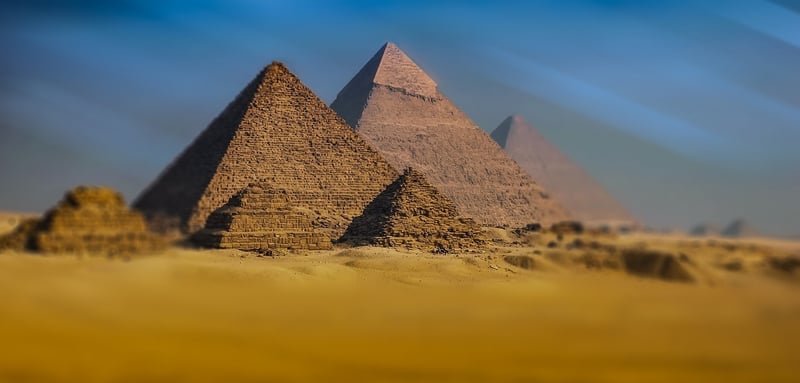
The Renaissance
The Renaissance period in Europe marked a rebirth of art, culture, and intellectual curiosity. Visionaries like Leonardo da Vinci and Michelangelo created timeless masterpieces that still captivate audiences worldwide.
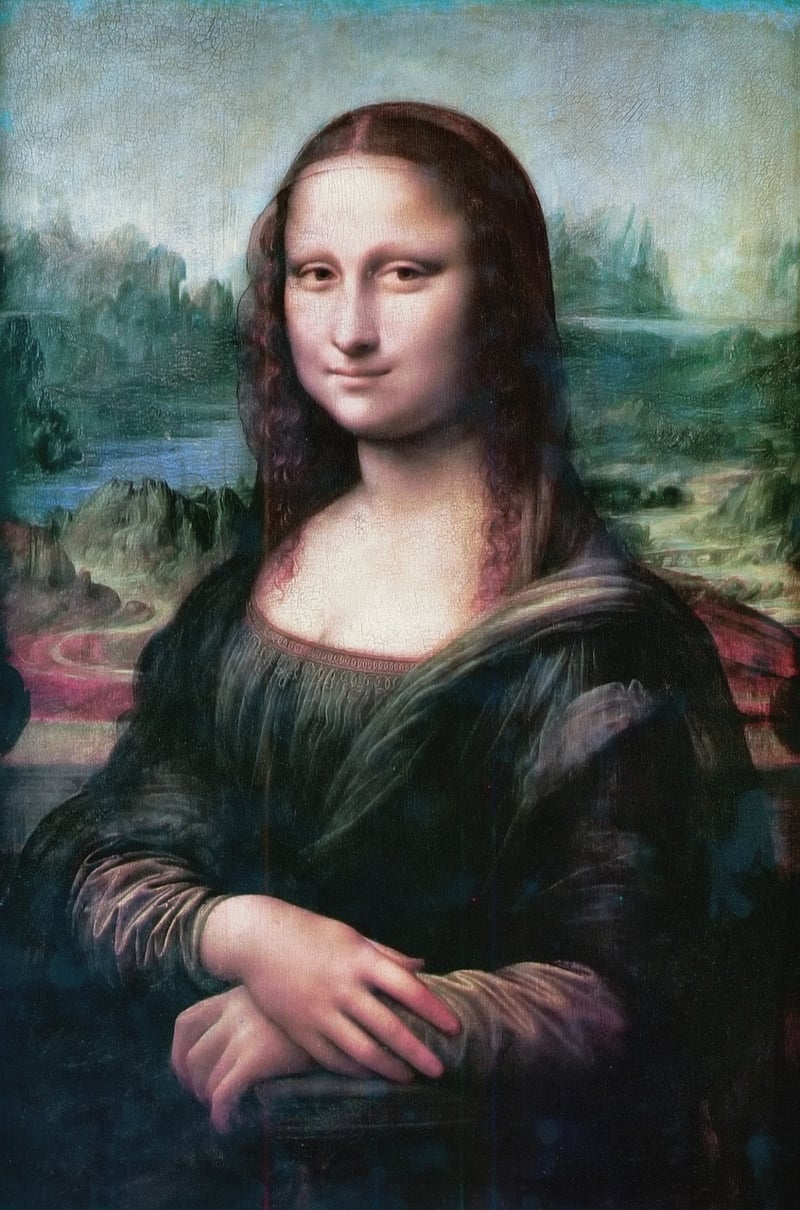
Industrial Revolution
The Industrial Revolution brought about a significant shift in manufacturing processes, leading to urbanization and technological advancements. This era laid the groundwork for our modern industrialized society.
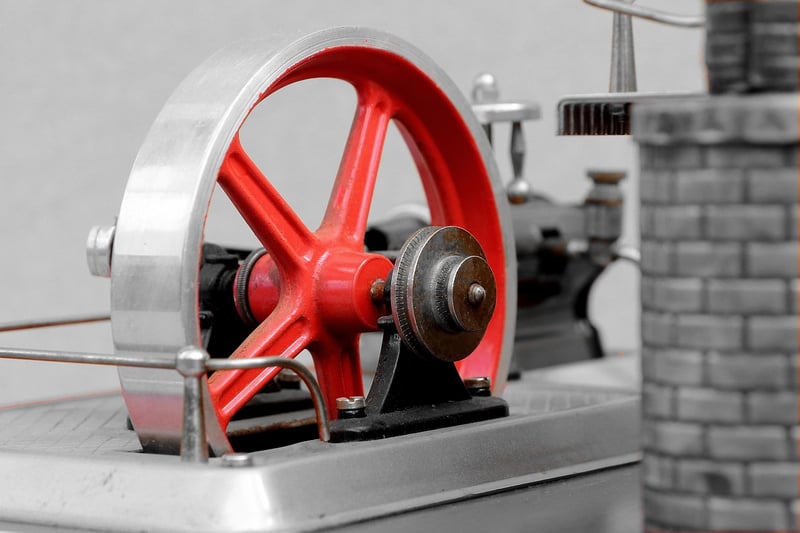
Modern Times
In the present day, we are experiencing rapid globalization, technological innovation, and cultural exchange on a global scale. The digital age has transformed how we communicate, work, and interact with the world around us.
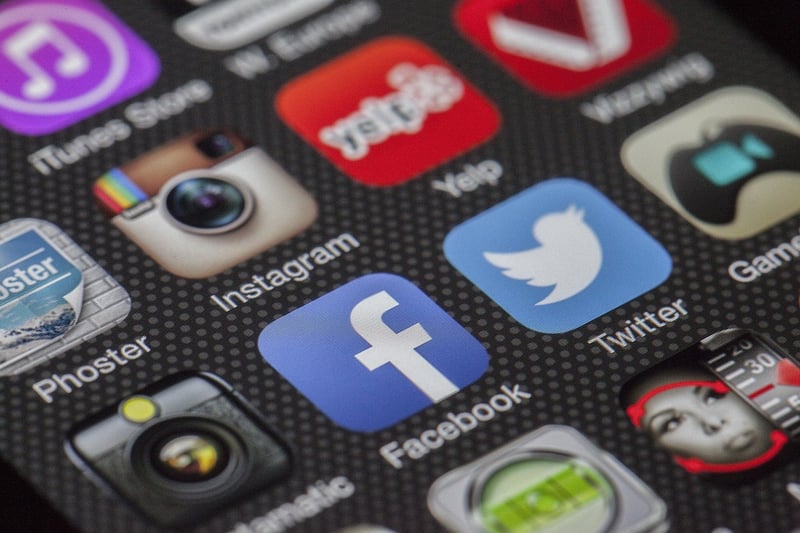
Imagining a Future Dystopia
As we look towards the future, the concept of a dystopian society arises in many works of fiction and speculative thought. Imagine a world where technology controls every aspect of our lives, where societal divisions are deeply entrenched, and where environmental degradation has reached a critical point.
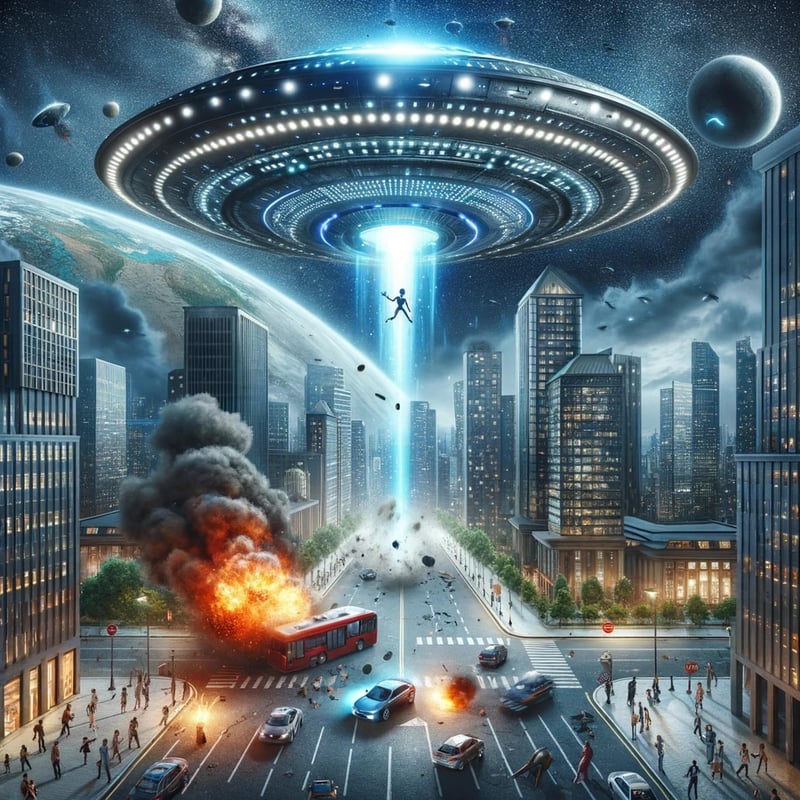
Exploring different eras allows us to appreciate the progress we've made as a civilization and reflect on the challenges we may face in the future. By learning from the past and present, we can strive to create a more sustainable and equitable world for generations to come.
Join us on this journey through time and imagination as we navigate the complexities of our history and ponder the possibilities that lie ahead.
